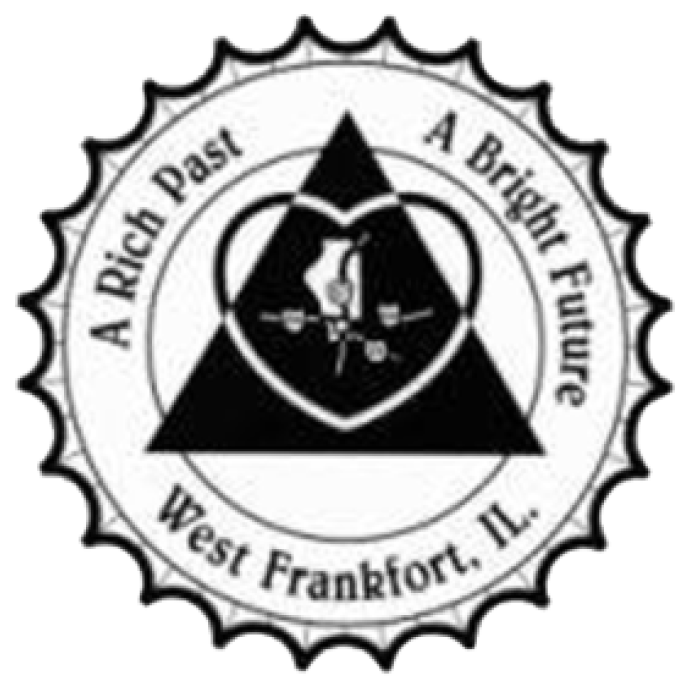Skip to content
Show submenu for City Government
City Government
Show submenu for Departments
Forms and Applications
Online Bill Pay
Show submenu for Economic Development
Show submenu for Tourism
City Surplus Property
Show submenu for City Data and Resources
Show submenu for
